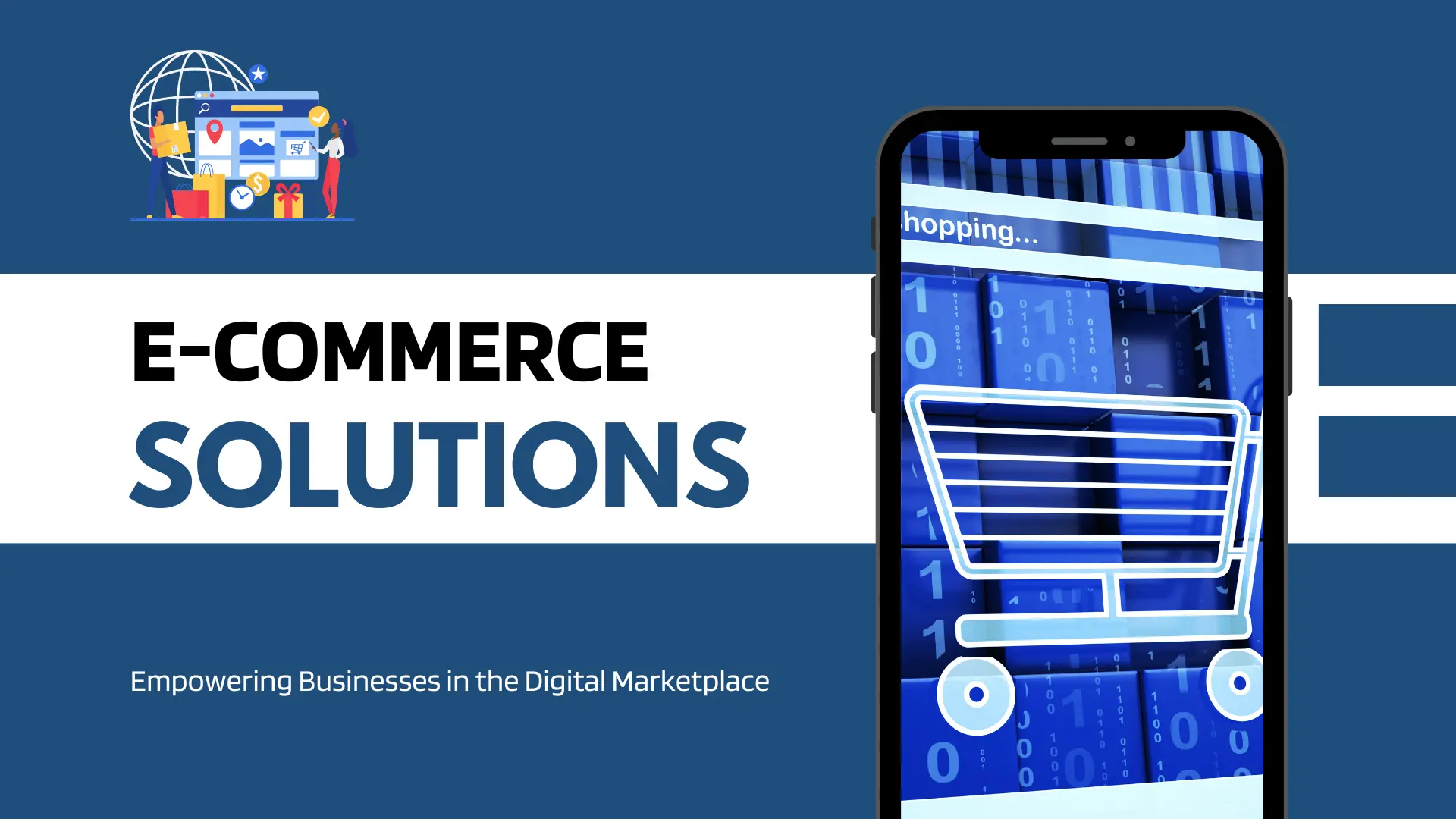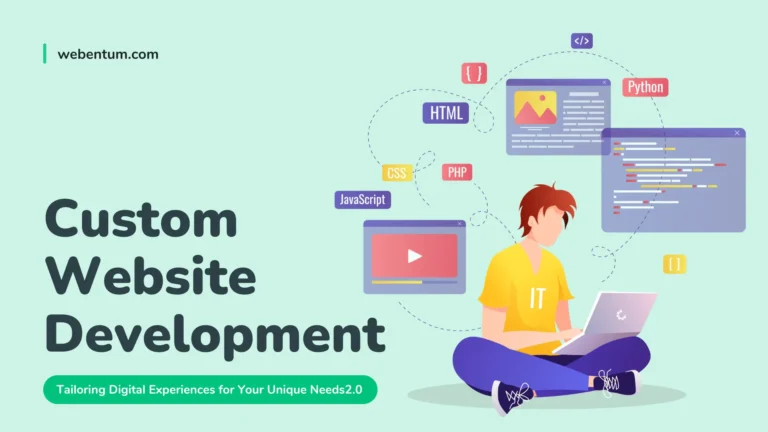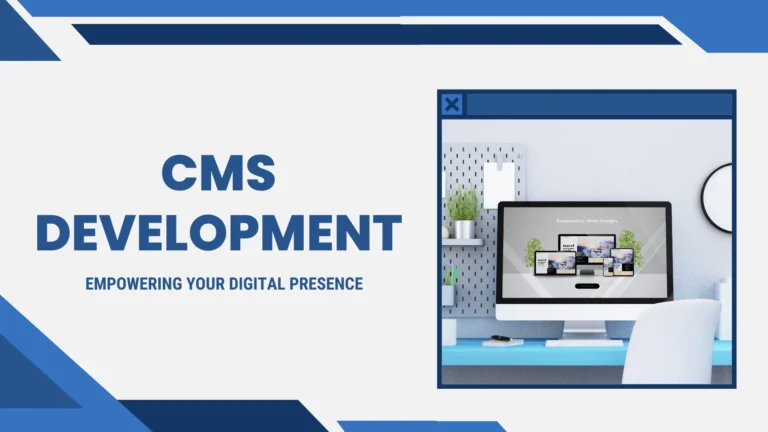
In today’s fast-paced digital world, establishing a robust online presence is crucial for businesses aiming to thrive and expand their reach. E-commerce solutions have revolutionized the way companies engage with customers, streamline operations, and drive revenue growth. Let’s explore how these solutions are reshaping the landscape of online business.
The Evolution of E-commerce Solutions
E-commerce solutions encompass a broad range of technologies and strategies designed to facilitate online transactions and enhance the overall shopping experience. Over the years, these solutions have evolved from simple online stores to sophisticated platforms capable of handling complex sales processes, inventory management, and customer relationship management (CRM).
Key Components of Effective E-commerce Solutions
- User-friendly Interface: A well-designed interface that is intuitive and easy to navigate enhances the user experience, leading to higher conversion rates.
- Secure Payment Gateways: Integration with trusted payment gateways ensures the security of financial transactions, instilling confidence in customers to make purchases online.
- Mobile Compatibility: With the rise of mobile devices, e-commerce solutions must be optimized for seamless browsing and purchasing on smartphones and tablets.
- Inventory Management: Efficient management of inventory levels, order tracking, and stock replenishment are essential for minimizing stockouts and ensuring timely delivery.
- SEO and Marketing Tools: Built-in tools for search engine optimization (SEO), social media integration, and digital marketing enable businesses to attract and retain customers through targeted campaigns.
Benefits of Implementing E-commerce Solutions
- Global Reach: E-commerce solutions break down geographical barriers, allowing businesses to reach customers worldwide and expand their market reach exponentially.
- 24/7 Availability: Unlike traditional brick-and-mortar stores, online stores are accessible round-the-clock, providing customers with the convenience of shopping whenever and wherever they choose.
- Cost Efficiency: Setting up and maintaining an online store is often more cost-effective than operating a physical storefront, with lower overhead costs and the potential for automated processes.
- Data-driven Insights: E-commerce platforms generate valuable data on customer behavior, preferences, and purchasing patterns, enabling businesses to make informed decisions and optimize their marketing strategies.
Case Studies: Success Stories with E-commerce Solutions
- Fashion Retailer: By leveraging an integrated e-commerce platform, a fashion retailer increased online sales by 40% within six months, thanks to personalized product recommendations and targeted email campaigns.
- Electronics Manufacturer: An electronics manufacturer streamlined its supply chain and reduced fulfillment times by implementing an e-commerce solution with real-time inventory tracking and automated order processing.
The Future of E-commerce Solutions
Looking ahead, advancements in artificial intelligence (AI), machine learning, and augmented reality (AR) are set to further transform e-commerce experiences. AI-powered chatbots for customer service, personalized shopping experiences based on predictive analytics, and AR-enabled virtual try-ons are poised to become standard features in e-commerce platforms.
In conclusion, e-commerce solutions not only facilitate online transactions but also empower businesses to innovate, adapt to changing consumer preferences, and achieve sustainable growth in the competitive digital marketplace. As technology continues to evolve, embracing e-commerce solutions remains essential for businesses striving to stay ahead of the curve and deliver exceptional value to their customers.





